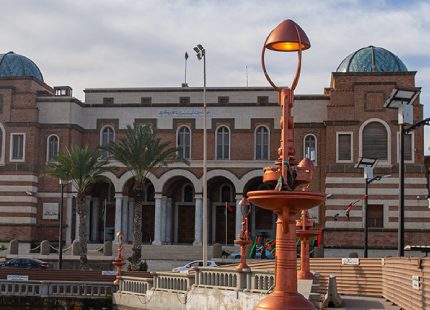The National Anti-Money Laundering and Counter-Terrorism Financing Committee, at the Central Bank of Libya, has stressed the importance of expediting the completion of the national legislative framework and adopting a law to combat money laundering and terrorism financing.
In an official statement, the committee clarified that the law must comply with international standards and the requirements of the Financial Action Task Force (FATF), as the date for Libya’s mutual evaluation process approaches.
The committee warned that any delay in fulfilling this national obligation could lead to serious repercussions for the reputation of the Libyan financial and banking system.
The committee noted that the delay exposes the country to the risk of being listed among high-risk countries, which will negatively affect its international financial and banking transactions and threaten the stability of the national economy and the financial and food security of its citizens.
The committee emphasized that completing the legal and institutional framework to combat money laundering and terrorism financing is a top national priority. It reflects the state’s commitment to protecting its financial system, enhancing its international standing, and supporting cooperation and integration with regional and international partners and specialized organizations in this field.
